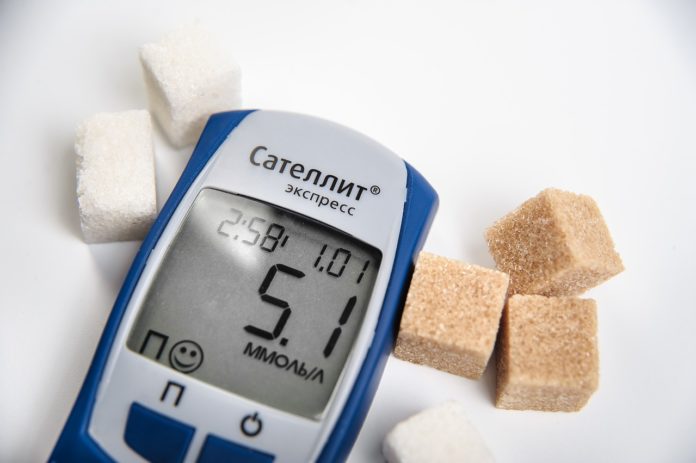New drug, canagliflozin reduces risk of kidney failure by a third in people with Type 2 diabetes and associated kidney disease
A new landmark clinical trial shows that a new drug called canagliflozin lowers the risk of kidney failure by a third in people with Type 2 diabetes and kidney disease. Canagliflozin was also was found to reduce the risk of major cardiac events.
The increasing prevalence of type 2 diabetes during recent decades is the primary factor accounting for the substantial global increase in renal failure. Currently, more than 3 million people worldwide are estimated to be receiving treatment for kidney failure and the number is predicted to increase to more than 5 million by 2035.
The CREDENCE (Canagliflozin and Renal Events in Diabetes with Established Nephropathy Clinical Evaluation) trial aimed to assess the effects of the SGLT2 inhibitor canagliflozin on renal outcomes in patients with type 2 diabetes and chronic kidney disease.
The findings were published in the New England Journal of Medicine and presented at the International Society of Nephrology’s World Congress of Nephrology in Melbourne.
Sodium glucose co transporter 2 (SGLT2) lowers blood sugar by helping kidneys to remove excess sugar from the body. This prevents it from entering the blood.
“People with diabetes and kidney disease are at extremely high risk of kidney failure, heart attack, stroke and death. With this definitive trial result, we now have a very effective way to reduce this risk by using a pill once a day,” said lead author Vlado Perkovic, an executive director of The George Institute for Global Health Australia, and a professor of medicine at the University of New South Wales in Sydney.
From March 2014 through May 2017, a total of 12,900 patients were screened and 4401 participants at 690 sites in 34 countries were included in the study.
Their risk of kidney failure or death from kidney failure was reduced by 34 per cent, and the risk of hospitalisation for heart failure or death due to cardiac causes decreased by 31 per cent
All participants received standard treatment for kidney disease, called the renin-angiotensin-aldosterone system (RAAS) blockade, as per current guidelines. One half of patients were then randomly selected to receive canagliflozin (100 mg orally once daily), while the other half were given a placebo.
The primary results of the study found that participants who took canagliflozin were 30 per cent less likely than the placebo group to develop kidney failure or die from either renal failure or cardiovascular disease.
Their risk of kidney failure or death from kidney failure was reduced by 34 per cent, and the risk of hospitalisation for heart failure or death due to cardiac causes decreased by 31 per cent. The significantly lower rates of cardiac events including cardiovascular death, myocardial infarction, or stroke, in the canagliflozin group in this trial are consistent with those observed with canagliflozin in the CANVAS trial.
The rates of amputation and fracture that was observed with canagliflozin and placebo were similar and consistent with trials of other SGLT2 inhibitors like empagliflozin and dapagliflozin.
“A drug like canagliflozin that improves both cardiovascular and renal outcomes has been eagerly sought by both patients with Type 2 diabetes and clinicians caring for them,” said senior author Mahaffey, director of the Stanford Center for Clinical Research.


